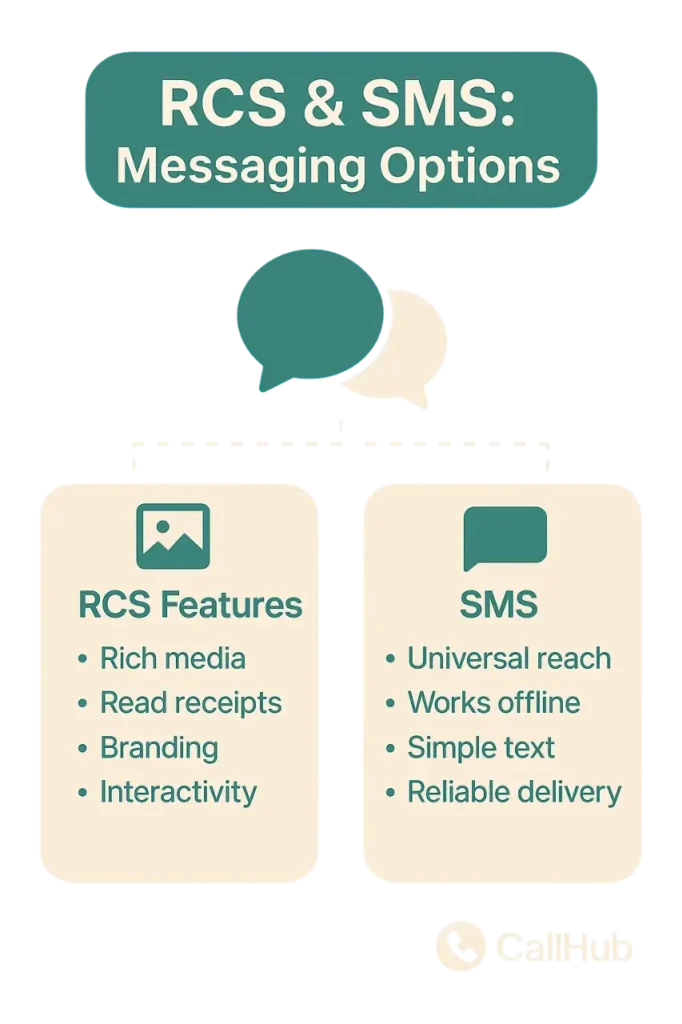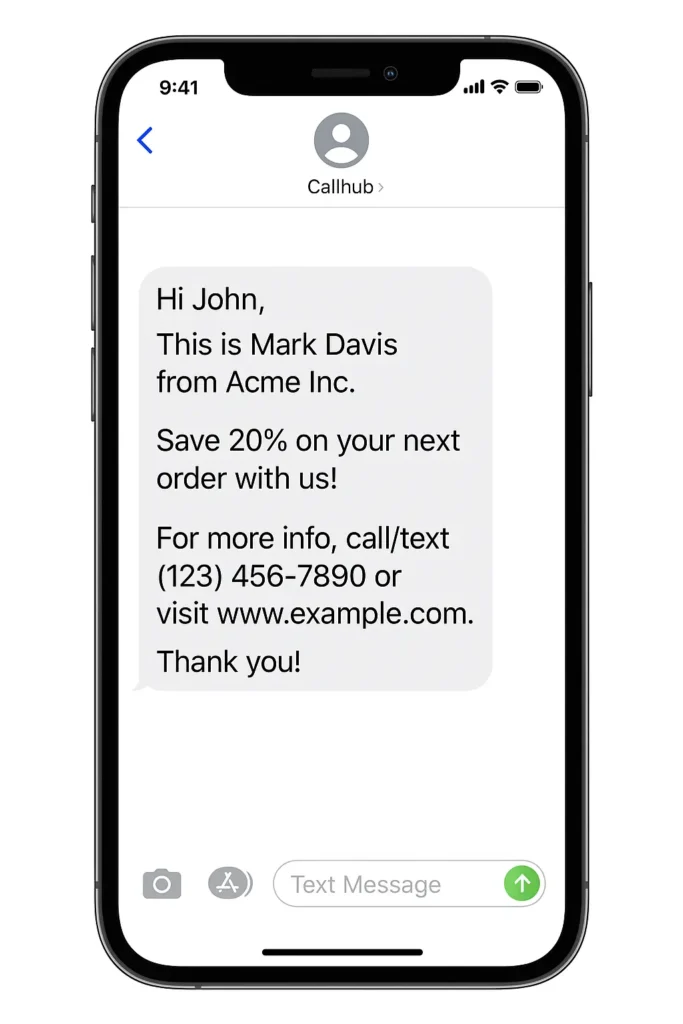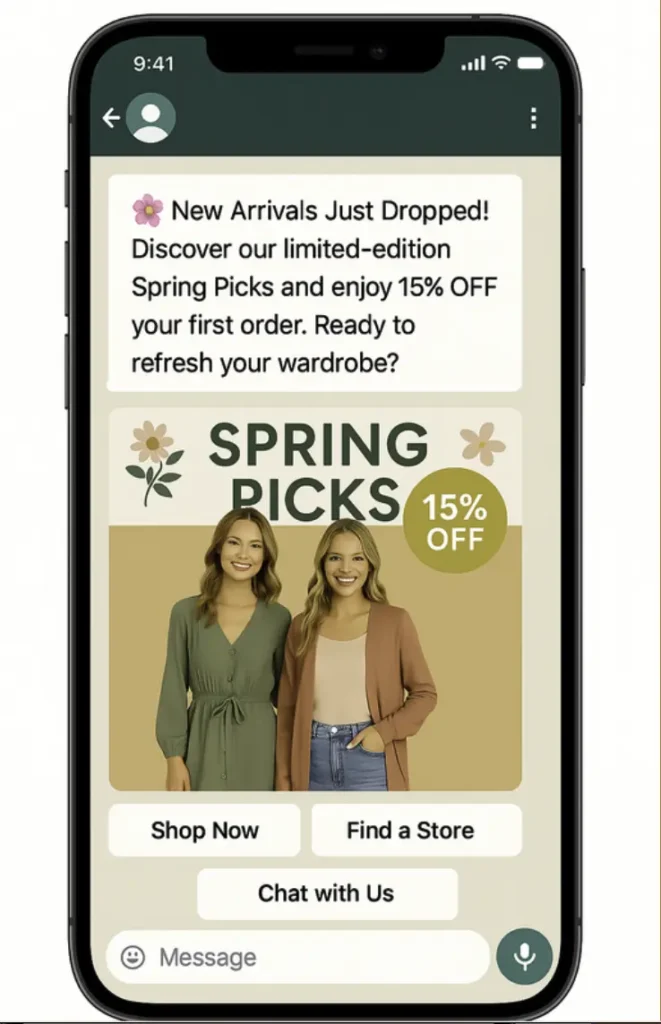Table of Contents
With open rates exceeding 98% and 90% of messages read within minutes, text messaging remains one of the most effective communication channels. However, currently, businesses struggle to choose between the two most popular formats: SMS vs RCS.
To me, it feels like a battle between Iron Man and Captain America – Both are heroes, but their strengths play out differently in certain situations..
Like them, SMS vs RCS offer unique advantages, and it’s less about which is ‘better’ and more about which aligns with your specific goals.
Let’s compare the two and learn how to choose the right channel for your communication needs.
SMS vs RCS at a glance

SMS is the original text messaging protocol, dating back to the 1990s. It is available on virtually every mobile device worldwide. Universally supported across devices and carriers, SMS has become the backbone of direct communication.
On the other hand, RCS is the modern evolution of SMS, which adds texting to multimedia sharing, branded messaging, read receipts, and interactive buttons.
To understand which option suits your outreach needs better, we will look at how both of these stack up against common campaign requirements.
What’s the difference between SMS vs RCS for campaigns?
Here’s a table comparing the compatibility of SMS vs RCS with standard campaign requirements, based on their technical capabilities and effectiveness:
| Campaign Strategy | SMS Compatibility | RCS Compatibility | Notes |
| Hyper-personalization | Yes. Also, messages have to be short – 160 characters. | Yes. Can tailor messages to individual customers, with up to 3072 characters. | In CallHub, you can use ‘merge tags’ to customize SMS campaigns on the go. |
| Flash sales / Urgency | It can reach any mobile device, but with limited details. | It can only go to compatible devices with a data connection. But it goes faster than SMS and has more details, images, etc. | With a verified 10DLC number, you can send up to 4000 SMS per minute. |
| Engagement with the audience | Limited. They can reply to campaigns via text. | Extensive. They can browse galleries, answer polls, watch videos, click on URLs, and reply via messages. | In addition, RCS adds delivery/read receipts – so you know they have seen it, even if they don’t engage. |
| Cost of the campaign | Text broadcasting can be highly cost-effective. CallHub offers some of the lowest rates – outgoing pricing at $0.034 and incoming pricing at $0.012. | It is generally more expensive than SMS and requires further infrastructure, like internet connectivity. However, CallHub provides free access for a limited time. |
RCS’s richer two-way interaction has hidden expenses, such as a graphic designer making the message. |
SMS vs RCS: Why should a business opt for SMS?

Despite all the ‘ limited ‘ moments in the table above, SMS remains a critical tool for business communication in 2025. In 2024, 80% of businesses used SMS marketing software to text their customers.
Let us have a look at why businesses should continue to use SMS, alongside new channels:
Universal reach and compatibility
As mentioned above, regardless of brands, phone carriers, and operating systems, SMS is supported by every mobile device, which is supported by virtually any customer, anywhere in the world. And those messages are read.
The reason is simple: When did you last see a random SMS and block the number? It does not happen unless you have nothing better to do than sit and block every SMS, which says something about who you are.
Read Also: SMS Marketing: The Ultimate Guide (with Tips & Use Cases)
No internet required
SMS works over cellular networks, so it doesn’t need an internet or data connection. That makes SMS a reliable option for sending urgent alerts, security notifications, and time-sensitive information.
For nonprofits and humanitarian groups, SMS can emerge as a hero when coordinating disaster relief or mobilizing volunteers quickly in areas with limited connectivity.
When Cyclone Freddy devastated Malawi and Mozambique in early 2023, over 1.3 million people were affected, and SMS messaging became a critical lifeline as more advanced communication systems failed.
Healthcare, logistics, finance, and public services businesses rely on SMS for mission-critical communication because of its reliability and instant delivery.
SMS’s value goes beyond relief work. Consider this: A snowstorm hits overnight, and your school needs to notify parents and staff that it’s closed for the day. An emergency SMS can take off just like that in a heartbeat.
SMS is effective because it reaches people where they are – on their phones.
Cost-effective
SMS remains one of the most affordable and direct ways for businesses of all sizes to reach customers.
Platforms like CallHub have a pay-as-you-go model for the cost of SMS per message. It makes the perfect platform for large-scale campaigns, essential notifications, and customer engagement without straining your budget.
Future-proof through integration
SMS continues to evolve, supporting two-way communication, automation, and integration with CRM systems for personalized outreach. This ensures it remains a relevant channel even as customer expectations and technology advance, because it just works.
For example, through CallHub’s SMS platform, businesses can automate personalized messaging based on recipient responses. This means you can send a message and then set up automatic responses to the replies you get.
You can chat with the audience through CallHub’s peer-to-peer messaging system. With fast P2P, you can automatically send the first message to everyone, only focusing on the replies.
URL shorteners allow you to track clicks and open rates on SMS, and extensive analytics overcome many of the ‘limits’ of SMS.
Example: SMS demonstrates powerful real-world results

MN350 is a Minnesota-based climate advocacy organization that achieved success using SMS for activist engagement:
- Primary goal: Convert rally attendees into an engaged list of climate activists
- Implementation: Used a keyword (MNSTRIKE) and shortcode (33339) promoted through speakers and signs at climate rallies
- Results: 2,919 of approximately 6,000 rally attendees opted in (nearly 50% conversion)
- Achieved: over 22% response rates when texting targeted segments of their contact list
- Successfully mobilized supporters for subsequent strikes, art builds, and sit-ins.
Read more on how 350 used text messages to organize the climate strike.
SMS vs RCS: Why should a business opt for RCS?

While SMS remains a powerful tool, RCS offers compelling advantages for specific messaging scenarios. After all, RCS can do everything an SMS can, but it can also do more, and better. So here are some reasons why your business needs RCS:
Enriched support for communication
When your message requires visual explanation or more detailed information, RCS enables:
- Embedded high-resolution images and videos that explain complex policy positions.
- Interactive carousels that can highlight multiple campaign issues in a single message.
- Formatted text that improves readability for position statements and educational content.
Trust and credibility
Trust is everything for organizations combating misinformation or working in sensitive policy areas. RCS offers unique verification features that enhance credibility in your audience’s eyes.
Every RCS business message can display an official verification badge and a branded header, immediately signaling legitimacy from a trusted source to your recipient.
Research indicates that 71% of consumers are more likely to engage with a message if they can identify the sender as a verified business.
| Apple’s adoption of RCS in iOS 18 is described as a “game changer,” bridging the gap between iOS and Android. Studies suggest Apple’s RCS support will add 900 million new active users to the channel by 2025. |
Enhanced interaction
When your outreach needs to do more, whether it’s signing people up for events, gathering support, or guiding them through a process, RCS adds a whole new layer of interactivity:
- Interactive buttons for streamlined RSVP or petition processes.
- Reply suggestions that guide supporters through multi-step actions.
- In-message appointment booking for volunteer shifts or advocacy training.
- Maps and location sharing for directing supporters to events or representatives’ offices.
Studies have shown that RCS marketing campaigns see between 3x and 7x higher click-through rates than rich SMS.
SMS vs RCS: Developing a hybrid strategy that works
While we have seen the advantages and why a business would choose each, it is now essential to state that no business needs to choose between the two. Instead, using both technologies in a ‘hybrid strategy’ is most efficient.
Rather than choosing between technologies, consider a strategic approach that:
- Map message types to appropriate channels: Use SMS for urgent, universal communications while deploying RCS for complex, interactive engagements.
- Implement appropriate fallbacks: Ensure RCS content has SMS alternatives for non-compatible devices – so your message reaches the audience, no matter what.
- Test and optimize both channels: Compare performance metrics to refine your approach based on actual engagement data. Some people may prefer images and links to engage. Others may prefer the ease of a simple one-line text message.
- Build toward progressive enhancement: Start with SMS as your baseline (for the first text, especially for ‘text to join’ campaigns) while exploring RCS capabilities for specific use cases.
However, as you develop your messaging strategy, be aware of the evolving regulatory landscape and some new rules you need to keep in mind:
- 10DLC registration requirements now apply to most campaign and advocacy messaging.
- Recent Supreme Court rulings have affected how courts interpret TCPA regulations.
- State-level privacy laws are increasingly affecting data collection and messaging consent requirements.
- Carrier filtering systems have become more sophisticated in blocking potential spam messages.
- Major carriers are implementing additional regulations for politically-affiliated messages.
So you can have both forms of messaging and they will serve you well, but make sure you are in line wih regulations – otherwise the fines for messages considered as ‘spam’ legally can be crippling.
The best of both worlds: SMS vs RCS
The choice between SMS vs RCS isn’t about picking a winner—it’s about using each channel for what it does best. SMS excels at universal reach and reliability, while RCS delivers richer engagement when needed.
CallHub’s unified platform lets you leverage both technologies, creating messaging strategies that connect with your audience through the right channel at the right time.
From crisis mobilization to detailed policy communications, you maintain the flexibility to use each channel optimally, all from one intuitive platform. Ready to transform your communications with both SMS vs RCS? Sign up to CallHub to learn more about our unified messaging solutions.

